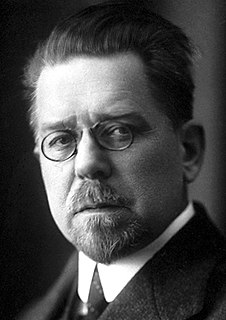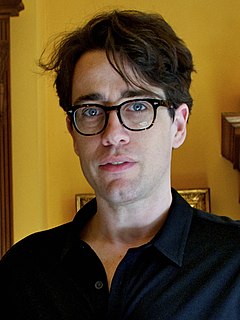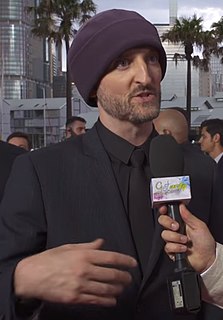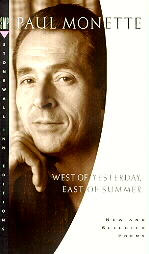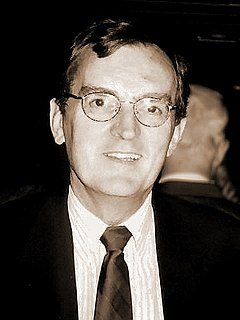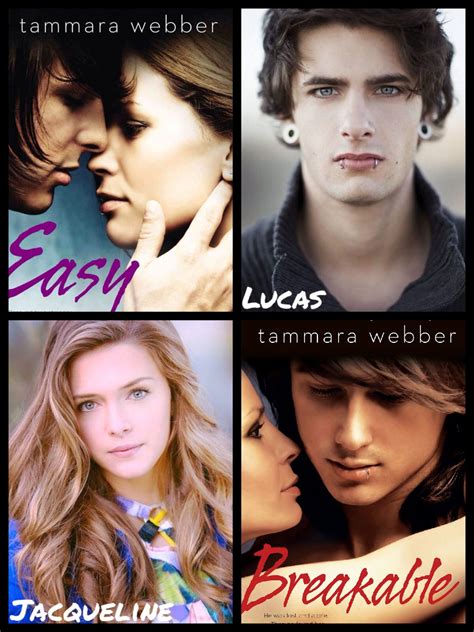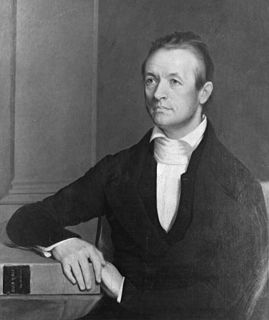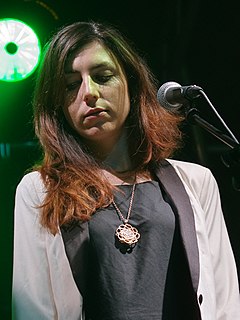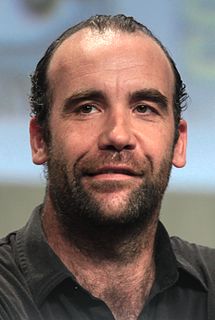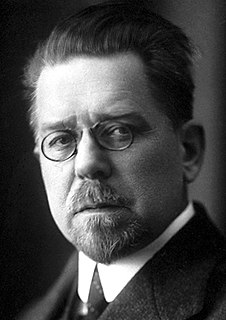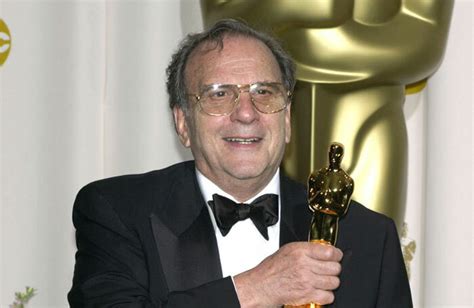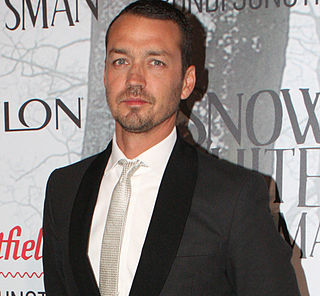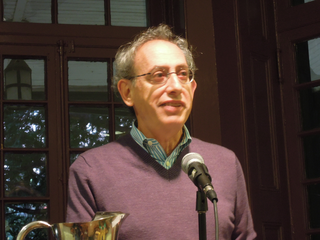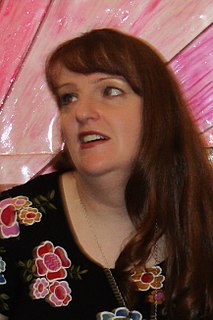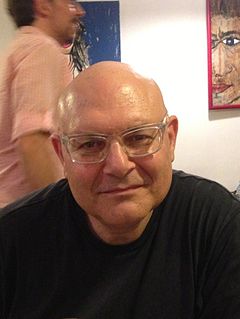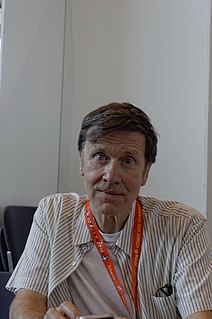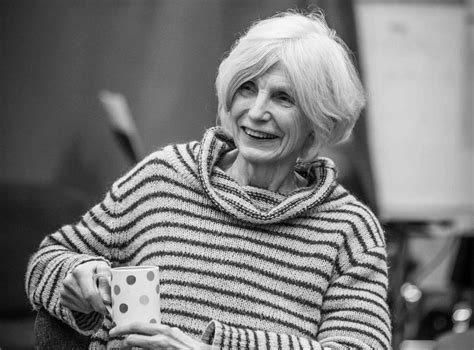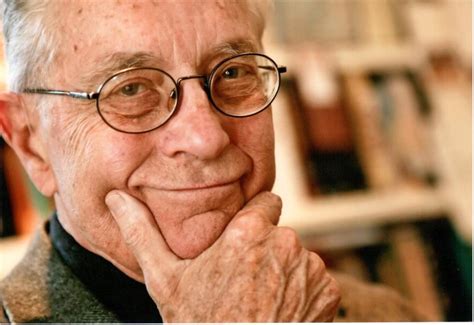Top 470 Translation Quotes & Sayings - Page 6
Explore popular Translation quotes.
Last updated on April 20, 2025.
The translation of the Veda will hereafter tell to a great extent on the fate of India and on the growth of millions of souls in that country. It is the root of their religion, and to show them what the root is, I feel sure, is the only way of uprooting all that has sprung from it during the last 3000 years.
So the aim for the press was a mixture of things: to publish under-represented writing, which is an intersection of original language, style, content, and often its author's gender. To publish it properly, in a way that makes it clear that this is art, not anthropology. To spotlight the importance of translation in making cultures less dully homogenous.
He [Mencken] was an autodidact, with all the misplaced confidence and all the astonishing gaps that characterize that breed. Not many of us would venture to write a book about democracy without ever having read de Tocqueville, nor embark on a translation of Nietzsche with only a sketchy knowledge of German.
Well, the role of our "allies," in my view, is a scandal. 53 other countries cooperated in the kidnapping, "extraordinary rendition," of suspected terrorists to black sites where they were administered enhanced interrogation techniques, which by the way is a direct, literal translation of "verschärfte Vernehmung" right out of the Gestapo manual.
Though I have seldom done anything to my own satisfaction, I am better satisfied with the translation of the New Testament than I ever expected to be. The language is, I believe, simple, plain, intelligible; and I have endeavored, I hope successfully, to make every sentence a faithful representation of the original.
There are stories that are by and for Latin Americans, where a certain amount of cultural fluency is expected, where we can delight in the details, the humor, the particularities of speech, of dialects. Something is always lost in translation; we know instinctively that this is the case. A Radio Ambulante story looks at Latin America from the inside.
To me there's very few actresses who've had twenty years experience who have that cyberpunk aesthetic already baked in. Scarlett Johansson comes from such edgy films from Lost in Translation to Under the Skin - she's got an incredible body of work and the attitude and the toughness of her really is to me, the Major.
There is an inimitable grace in Virgil's words, and in them principally consists that beauty which gives so inexpressible a pleasure to him who best understands their force. This diction of his, I must once again say, is never to be copied; and since it cannot, he will appear but lame in the best translation.
I'd love to become like Bill Murray, who was so funny on 'Saturday Night Live' and has gone on to do some of the landmark comedies people like. And then to add this whole other phase to his career with 'Lost in Translation' and 'Rushmore.' I always felt to be able to have something similar to that would be great.
A play is basically a long, formalistic polemic. You can write it without the poetry, and if you do, you may have a pretty good play. We know this because we see plays in translation. Not many people speak Norwegian or Danish or whatever guys like Ibsen spoke, or Russian - yet we understand Chekhov and the others.
In every art we are always obliged to return to the accepted means of expression, the conventional language of the art. What is a black-and-white drawing but a convention to which the beholder has become so accustomed that with his mind's eye he sees a complete equivalent in the translation from nature?
